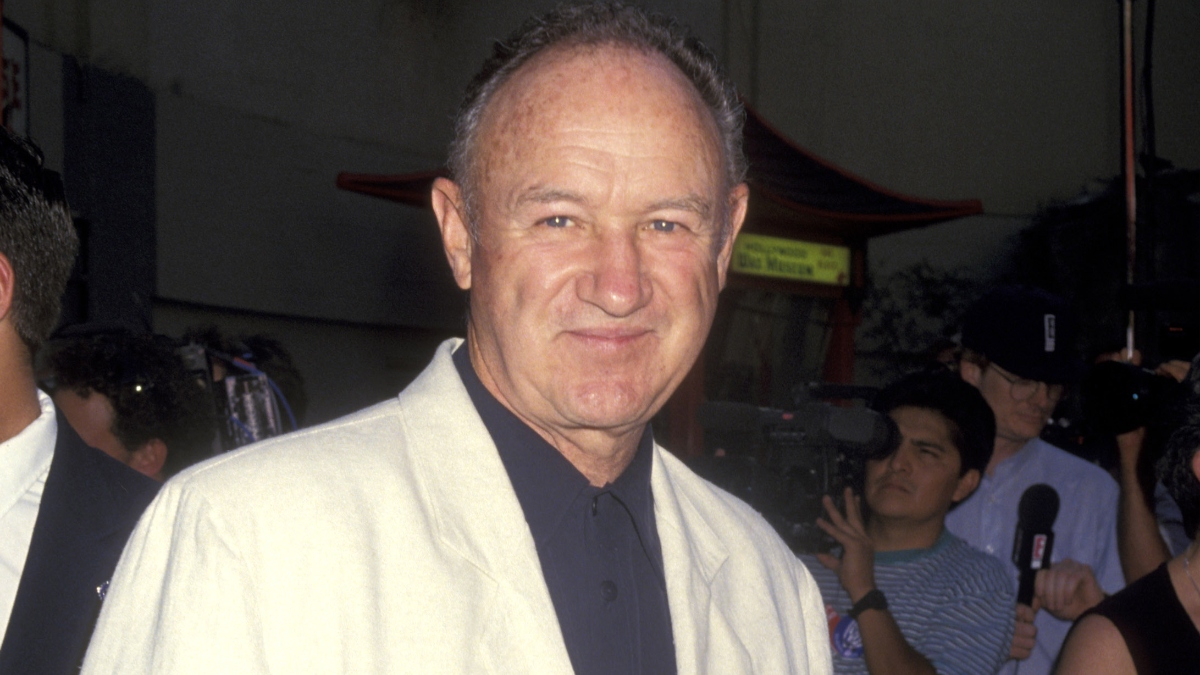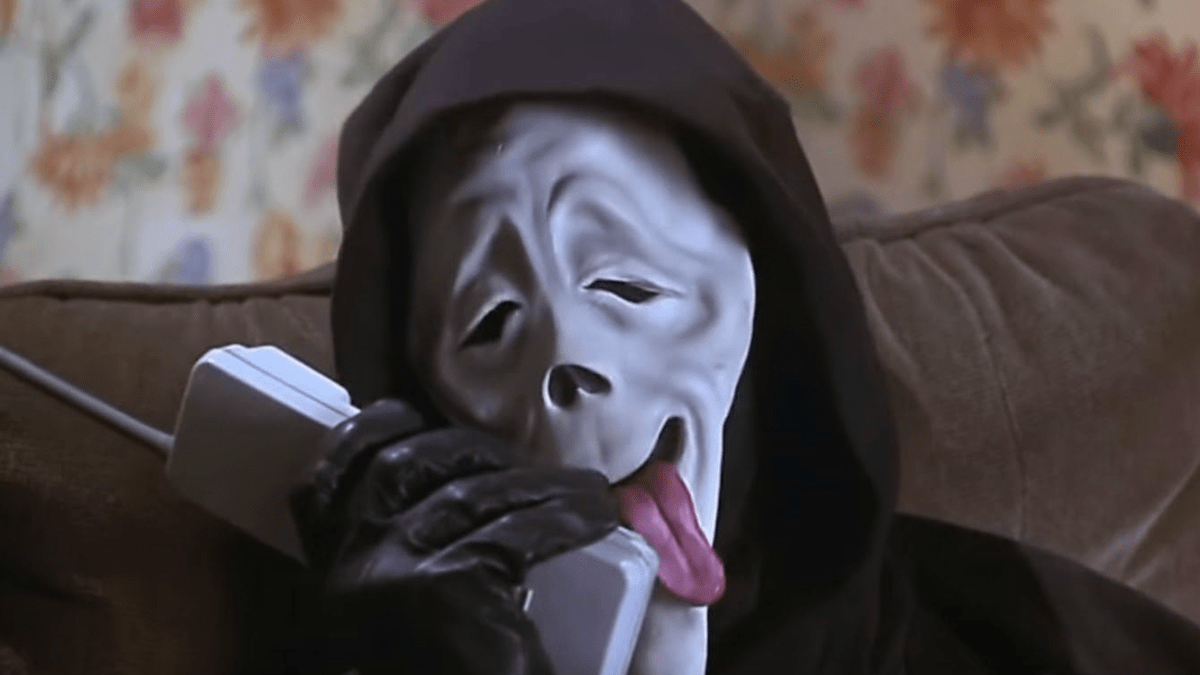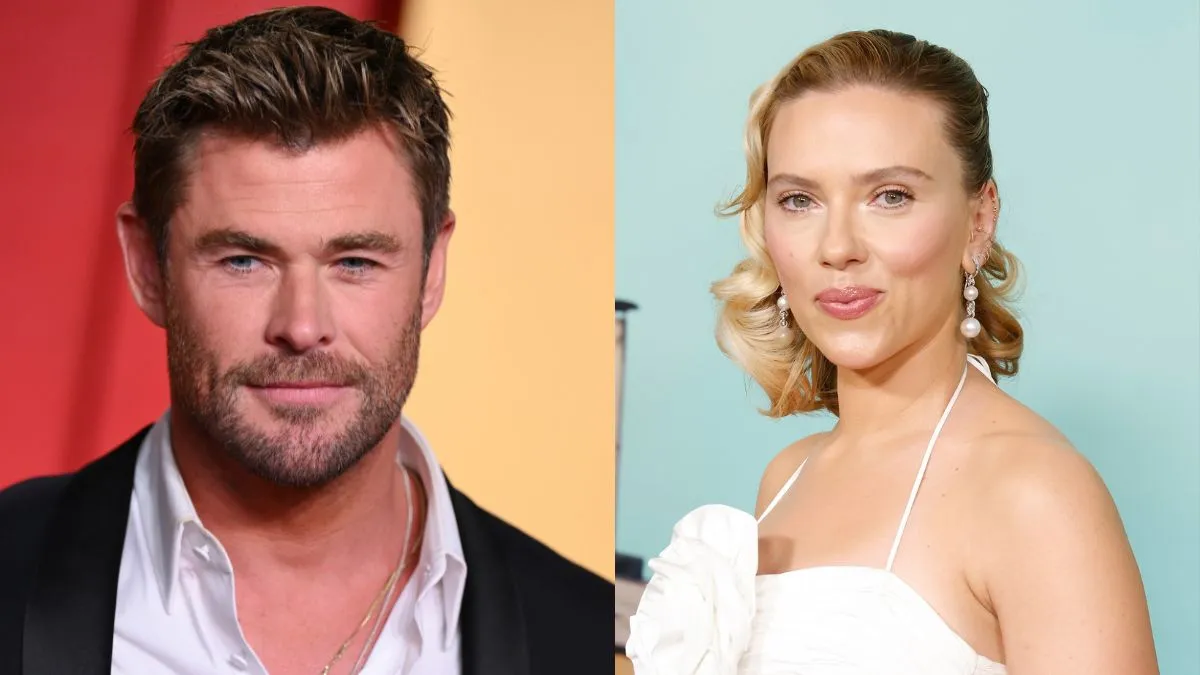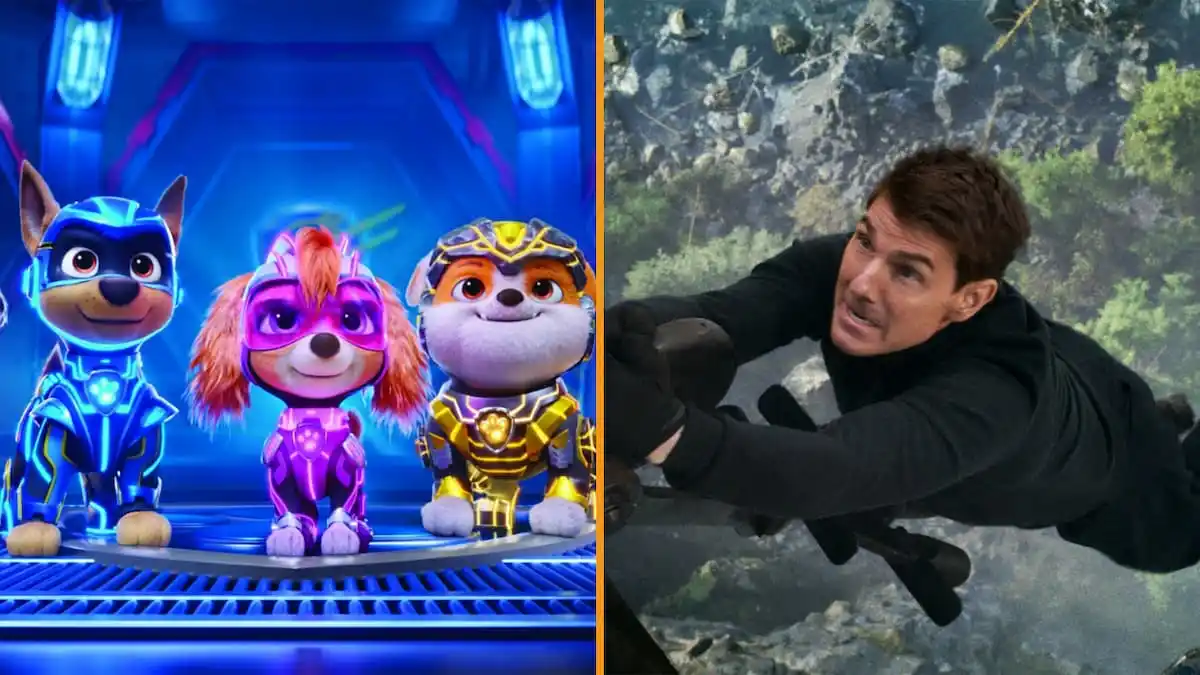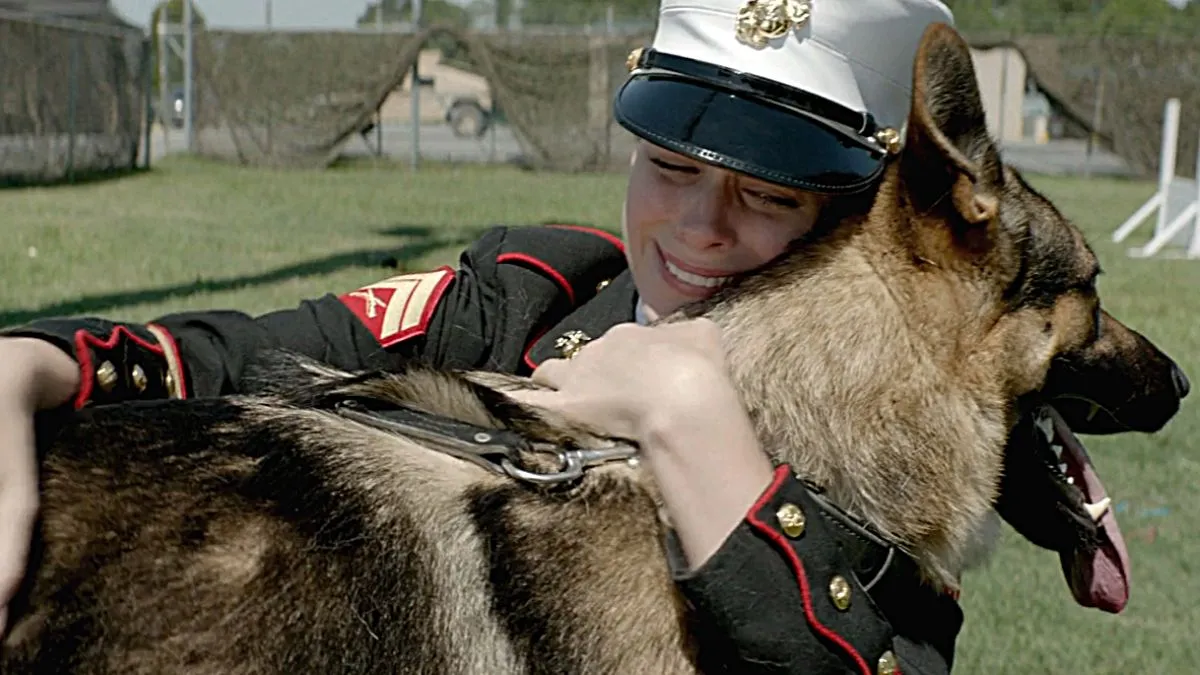
Films based on real-life, heinous murders are often believed by the public to solely exploit the gruesome violence that the killers used on their victims. But the new crime drama thriller The Snowtown Murders, which is based on the 11 murders notorious Australian serial killer John Bunting committed in the 1990s, instead focuses on the humanity that was revealed during a corruption of innocence. Helmer Justin Kurzel, who is making his feature film directorial debut with the movie and grew up not far from Snowtown, uniquely chose to focus on the emotional motivations of the killers, and how they could become so complicit in such crimes.
The Snowtown Murders follows the murders and crimes discovered in the poor Australian suburb of Snowtown in 1999, when police found dismembered bodies in barrels. The crimes were committed by John (Daniel Henshall) and his friends over a seven-year period. He garners the help of Jamie (Lucas Pittaway), the teenage son of his new girlfriend, Elizabeth Harvey (Louise Harris), in the process. Elizabeth, initially unaware of John’s activities, begins dating him because he promises to bring her and her family a better life.
Despite John being new to the community, Jamie is eager to form a relationship with him, as he promises to offer him the male guidance he so desperately seeks. When Jamie first discovers John’s heinous crimes, he is appalled, but is coaxed into being an accomplice to the murders.
Kurzel generously took the time to sit down with us in New York to discuss what it was about screenwriter Shaun Grant‘s script that convinced him to take on the directorial duties for The Snowtown Murders. He also spoke about why he decided to focus on the psychology of the killers, instead of the violence of the crimes; why he decided first-time actors would bring a more believable authenticity to the characters and how the community began to open up to the idea of a film telling the story of some of the most horrific murders in Australia’s history.
We Got This Covered: The real-life Snowtown murders occurred not far from where you’re originally from in Gawler, South Australia. How much did you know about it before accepting the job of directing the film?
Justin Kurzel: Not much. I had left the area, and started living in Sydney. Then it just broke in the news, and it was every where in Australia. I guess it was a bit of a horror fest and freak show, the fact that 11 people had been murdered. Bodies were being found in barrels.
So I really didn’t know anything besides the bodies in the barrels. Then I read the script, and had no idea about the community and the kid involved, Jamie Vlassakis. I started doing research after I read the script, and thought it was an incredible story. I guess I saw a human story.
WGTC: What was your initial reaction when producers Anna McLeish and Sarah Shaw approached you to direct The Snowtown Murders, as this turned out to be your first feature film?
JK: Absolute shock. When you open up a script, and it says Snowtown on the front cover, it would be like the Manson murders here (in America). It’s a very, very well-known case. But I became absolutely enthralled by the central relationship between the father and son, and the father being a serial killer, and the boy being desperate for a male figure, and how those two co-existed.
But then I also had no idea about the levels of sexual abuse in the area. I kind of knew it was an under-privileged area, and thought it was pretty rough. But I had no idea about the patterns of sexual abuse.
I had no idea of a man who kind of comes along and harnesses a kind of grief and anger about those issues. He then kind of turned it inside out and created an ideology about it, and used people to kind of act out his evil ways. I kind of thought that vigilante style psychology at the beginning of the film was quite fascinating.
WGTC: Speaking of that psychology, did you feel it was more important to focus more on that than the actual murders and the violence?
JK: Yes, I’m not a violent person, I’m not interested in violence. But I am interested in father-son relationships, and that people can be exploited. I could not understand why a place like this, that had gone through these kinds of challenges, had these repeated levels of sexual abuse, and why that wasn’t being addressed.
I was fascinated how an ordinary man could empower a community to act out, and be part of, these kind of blood lust. That was highly unusual.
The murders happened over a long period of time, and a lot of people were killed. It’s highly unusual for four serial killers to work together, rather than just one. The case had several interesting things about it that were unique.
WGTC: Did you find it interesting that these four serial killers worked together for so long, and didn’t get caught right away?
JK: Yeah, the fact that they were loyal to each other, and they didn’t brag and tell anyone. That they were so organized, and had such a presence in the community, and people had no idea what they were doing and what they were up to.
Even when we were filming, we met so many people in the area that remembered John and him looking after his kids and fixing their car. He really was just an ordinary bloke. I found that really interesting, because my clichéd version of serial killers is what you mainly see in genre films, the guy that lives in solitude. What I found so fascinating about these guys was that they were incredibly social and present.
WGTC: Speaking of the people in the community, where they willing to speak to you before you began filming, to give you more information about the case?
JK: No, I think we had to very quickly earn their trust. A lot of that was about trying to explain why we were making the film. I think everyone had those prejudices that we were making a horror film and a body count film that was told through the prospective of John.
I think once we started to clarify a little bit more why we were making it, that we were filming in the area for a purpose and that we were using first-time actors from the area, I think people became intrigued by that and curious, and a bit more trusting.
WGTC: Speaking of the actors, why did you decide to mainly hire people who had never appeared in a movie before?
JK: I thought the film needed an authenticity and truthfulness that only first-time actors from the area could bring. A lot of it was about this particular community, so I thought that had to be represented in the most honest way on the screen. The last thing that I wanted was a bunch of soap actors or wealthy people appropriating a community. I would have found that incredibly patronizing.
There was a sense of ownership of allowing the community to own the movie. So that was my way of doing it. I also found it to be the most interesting in telling the story.
Also, John was an outsider, coming into a community, he wasn’t born in this area. So we cast Daniel as an actor. He was an actor from Sydney, and he then spent 10 weeks in the community. That dynamic, of him being an outsider, coming into the community, was for all of us interesting and integral to creating the dynamics.
WGTC: What was the working relationship between the actors on the set? Did they get along?
JK: Yeah, yeah. It was a loving set, actually. That was no disrespect to the events, but you kind of had to have a laugh and break from the absolute horror and brutality that you were depicting. So it was a genuinely beautiful set, and there was lots of support.
There weren’t any egos, the cast didn’t have any egos. So I was really fortunate for such a professional bunch of people, doing it for the first time.
WGTC: Do you feel that having these first-time actors make their characters more relatable to the audience?
JK: I think so. I think there’s a quality with some of them that you could see straight away. That makes it feel free, that there’s no tension between them. I always say this about working with first-time actors-I have no premeditated ideas about what we’re going to do in a scene before we do it.
Professional actors that I’ve worked with before, like Daniel, he would walk into a scene, and he had a very solid idea of what he was going to do. It would stop him from listening from the person opposite him. The great thing about first-time actors is that they listen. If you say something in a scene, they were listening to it. They weren’t thinking about the return line. They were very, very present.
I was able to use a lot of reaction shots. You can really see them watching. That was something that was a real surprise for me, but it also brought a unique style of acting.
WGTC: What has the public reaction to the film been like so far? Have you shown it in Australia yet?
JK: Yeah, I showed it in Australia last year, it opened the same time that it opened in Cannes. It was a pretty controversial opening. Everyone in Australia kind of knows about the events. Everyone’s pretty divided over whether a film should be made over them.
The film was really embraced, in terms of the box office being really good for this sort of film. Critically, it was supported. It won a lot of awards at the Adelaide Academy Awards. It certainly hit a nerve.
At the same time, there were those that didn’t like the film. That’s fine, I always knew I wanted to make an uncompromising film. Those are the films that I really like. These events, I thought, deserved a film that wasn’t going to film its punches. We were going to do it as honestly as possible.
WGTC: What was the reaction when the film was played at Cannes and the other film festivals?
JK: Cannes was pretty divided. There were a lot of walk-outs, but there were a lot of people who were really passionate about it. With Snowtown, you either love it or you hate it, there’s no middle ground. So I’ve come to understand and appreciate that’s the kind of film that it is.
It changes, there were hardly any walk-outs at Toronto. The audience seemed much more in tune with the violence in the film. In London, I think we have a really strong history with Britain, in terms of our films, they really embraced it. (Here) in America, I’m not really sure, the violence is really going to confront the people who watch it.
I think because it’s real, and doesn’t sit in a particular genre. I think the film sparks emotions in people. I think it’s interesting how it shifts and changes in each country.
WGTC: What do you hope audiences will take away from the film? Is there a particular message you want to take from it?
JK: I never really made the film for some final resolution that wraps it all up, and says, that’s why people kill each other. I think the film’s an observation on human condition and human behavior.
If there’s anything they take out of it, maybe it’s a better understanding of how these communities can be so easily manipulated and exploited, if they’re not feeling as though they’re being heard. What happened in Snowtown was repeated many times in history, in a big scale and a small scale. I guess Snowtown’s just another example of a moral tale of always listening and communicating with those that feel they’re not being heard.
But whatever people take from it, it’s always been an observation. I’ve never really liked those films that give you some kind of moral conclusion. I’m never going to be so arrogant to offer that on a very complex series of events that happened.
That concludes our interview, but we’d like to thank Justin Kurzel for taking the time to talk to us. Be sure to check out The Snowtown Murders, which is now playing in select theaters.


